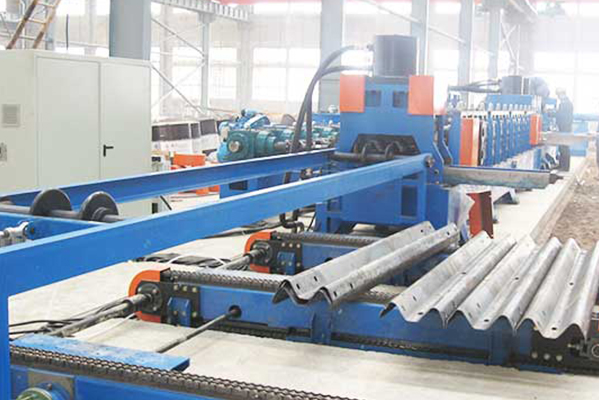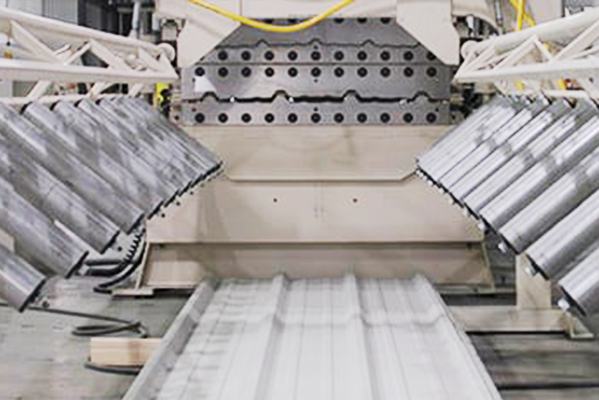Navigation Menu
Contact Us
- Email:
- info@wxavatar.com
- Address:
- Yurong Village, Yuqi Street, Huishan District, Wuxi, China.
Release Date:Jun 17, 2025 Visit:71 Source:Roll Forming Machine Factory
Choosing the right roll forming solution provider is a critical decision for manufacturers and fabricators. The right partner can improve production efficiency, reduce costs, and ensure high-quality output. Buyers should evaluate several key factors before making a selection.

1. Experience and Industry Expertise
A provider with a strong track record in roll forming demonstrates reliability. Buyers should assess the company’s years in operation, past projects, and familiarity with their specific industry needs. Providers with experience in similar applications are more likely to deliver effective solutions.
2. Technology and Equipment Capabilities
The quality of roll forming machinery directly impacts production outcomes. Buyers should inquire about the provider’s equipment, including:
Types of roll forming machines available
Automation capabilities
Tooling and customization options
Compatibility with different materials
Modern, well-maintained machinery ensures consistent performance and minimizes downtime.
3. Customization and Flexibility
Every manufacturing operation has unique requirements. A reliable provider should offer:
Custom roll forming tooling
Adjustable machine settings
Ability to handle various material thicknesses and profiles
Prototyping and testing support
Flexibility in design and production helps buyers meet specific project demands.
4. Quality Assurance and Compliance
Consistent product quality is essential. Buyers should verify whether the provider follows industry standards and has quality control measures in place, such as:
In-process inspections
Material testing procedures
Compliance with relevant manufacturing standards
A provider with documented quality processes reduces the risk of defects and rework.
5. After-Sales Support and Service
Technical support and maintenance are crucial for long-term machine performance. Buyers should consider:
Availability of spare parts
On-site service options
Training for operators
Warranty terms
A provider with strong after-sales support ensures minimal disruptions in production.
6. Cost and Return on Investment (ROI)
While price is a factor, buyers should evaluate the total cost of ownership, including:
Initial investment
Maintenance expenses
Energy efficiency (if applicable)
Expected lifespan of equipment
A cost-effective solution balances upfront expenses with long-term reliability and performance.
7. Reputation and Customer Feedback
Reviews and references from past clients provide insights into a provider’s reliability. Buyers should:
Check case studies or testimonials
Seek recommendations from industry peers
Evaluate responsiveness and professionalism
A provider with positive feedback is more likely to deliver satisfactory results.

Conclusion
Selecting the right roll forming solution provider requires careful consideration of experience, technology, customization, quality, support, cost, and reputation. By thoroughly evaluating these factors, buyers can make an informed decision that aligns with their production needs and business goals.